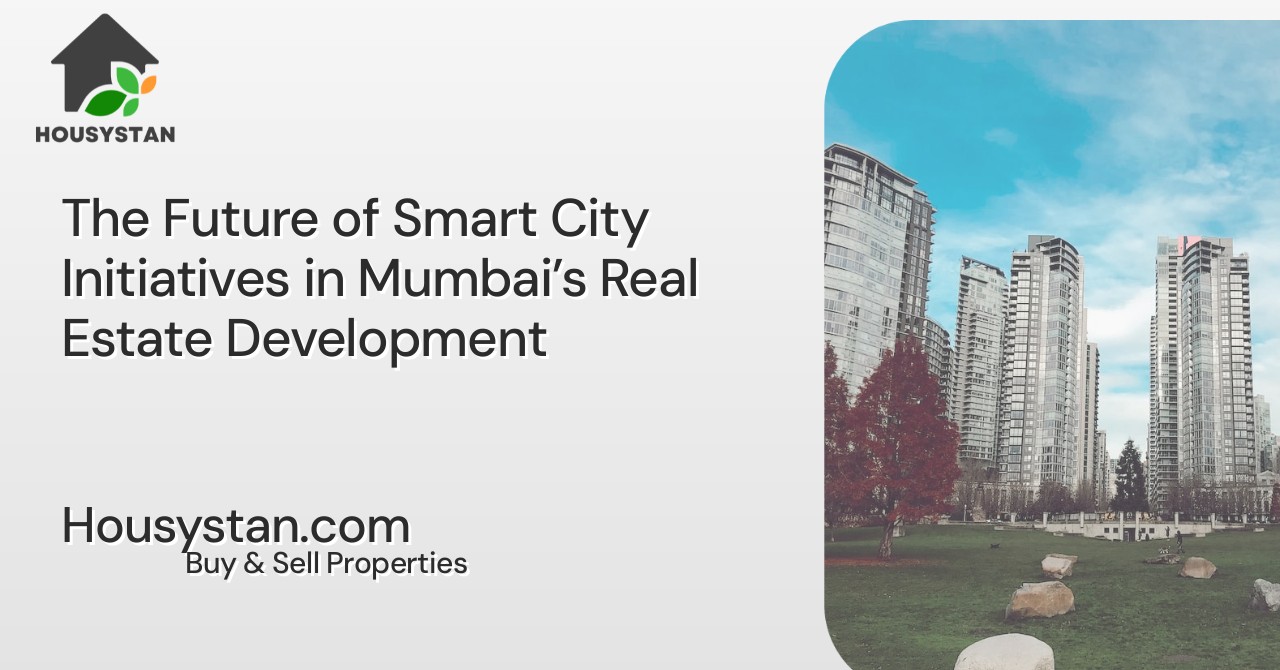The Future of Smart City Initiatives in Mumbai’s Real Estate Development
Read latest blogs and articles from Housystan

The Information mentioned here was last updated on:
29/1/2026The Future of Smart City Initiatives in Mumbai’s Real Estate Development
Mumbai, often referred to as the financial capital of India, is swiftly emerging as a frontrunner in adopting smart city initiatives, especially within its ever-evolving real estate sector. As urban populations soar and technology continues to advance, Mumbai’s property landscape is undergoing a remarkable transformation. Developers, investors, and policymakers are increasingly prioritizing sustainability, digital integration, and efficient infrastructure to cater to the city’s dynamic and diverse population.
Smart city initiatives in Mumbai revolve around leveraging cutting-edge technologies such as IoT (Internet of Things), AI-driven management systems, and advanced data analytics. These innovations enable seamless control over resources, improved security, and enhanced connectivity across residential and commercial spaces. Energy-efficient buildings, green construction methods, and intelligent waste management systems are becoming standard features in new real estate developments, reflecting Mumbai’s commitment to environmental responsibility and urban wellness.
- Verified Tenants/Buyers
- Unlimited Property Listing
- Zero subscription/charges fee
The integration of smart infrastructure not only elevates the standard of living for residents but also boosts the city’s appeal for businesses seeking modern, tech-enabled office spaces. Digital amenities such as high-speed internet, automated access controls, and real-time monitoring systems are now integral to contemporary real estate projects. These features are essential in attracting global investors and supporting Mumbai’s reputation as a hub for innovation and enterprise.
Furthermore, the government’s active involvement in promoting smart city projects is accelerating change in the real estate landscape. Initiatives like improved public transportation, digitized civic services, and sustainable urban planning are fostering an environment where property values are poised to appreciate. Neighborhoods across Mumbai—such as Bandra, Andheri, and Powai—are witnessing rapid adoption of these advancements, making them prime locations for both residential and commercial ventures.
In conclusion, the future of smart city initiatives in Mumbai’s real estate sector looks exceptionally promising. With ongoing efforts to integrate technology, promote sustainability, and enhance urban living, Mumbai is setting a benchmark for metropolitan growth in India. Homebuyers, tenants, and investors can look forward to a smarter, greener, and more connected city, making Mumbai a top destination for real estate development and innovation.